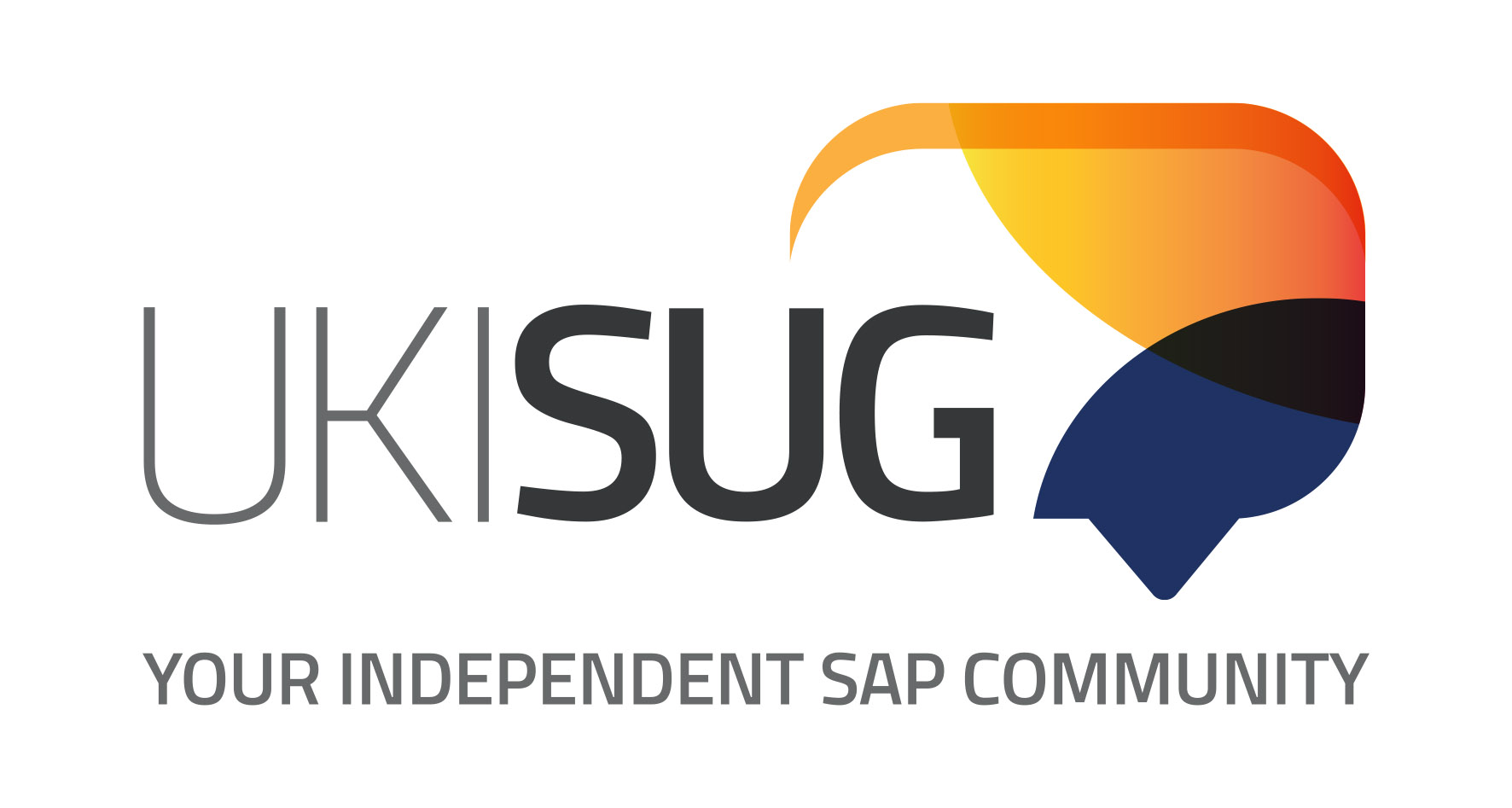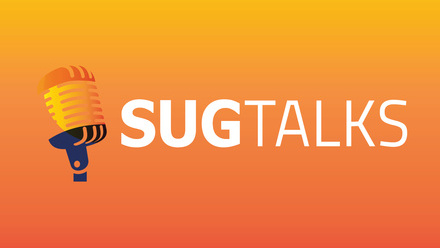About Enterprise Architecture
Enterprise Architecture can be defined in many ways. The organising logic for business processes and IT infrastructure reflects the integration and standardisation requirements of the firm’s operating model. [Source: MIT Center for Information Systems Research] A conceptual blueprint that defines the structure and operation of an organisation. The intent of an enterprise architecture is to determine how an organisation can most effectively achieve its current and future objectives. [Source: SearchCIO.com] Whichever definition you prefer, and there are more; the role of an Enterprise Architect is to try and pull the essential details from many different technical and business domains, make sense of it and communicate it as one overall story or roadmap.
The Enterprise Architecture Roundtable was incredibly valuable. Apart from networking with users in SAP group, it was particularly useful and insightful to have interactions and discussions with experts from SAP who provided us insights on how to tackle common challenges faced by most customers. Furthermore, we were able to get focussed inputs and direction on the strategies and resources to leverage to help resolve common problems. That for me sums up the real value that UKISUG offers.

Community Objectives
This Community seeks to support Enterprise Architects by providing them with key information about SAP products and strategy. It is designed for professionals in enterprise architecture and decision-making roles in business or IT, addressing various challenges such as making mode 1 and mode 2 work in real-world scenarios, integrating new transformational technologies like Machine Learning and Blockchain into business processes, anticipating future business needs with innovative systems through a design-led approach and prototypes, and exploring the reasons and methods behind moving to the cloud.
The Enterprise Architecture Focus Group has been introduced into the UKISUG calendar specifically for members that meet the below requirements:
Community Chairs





